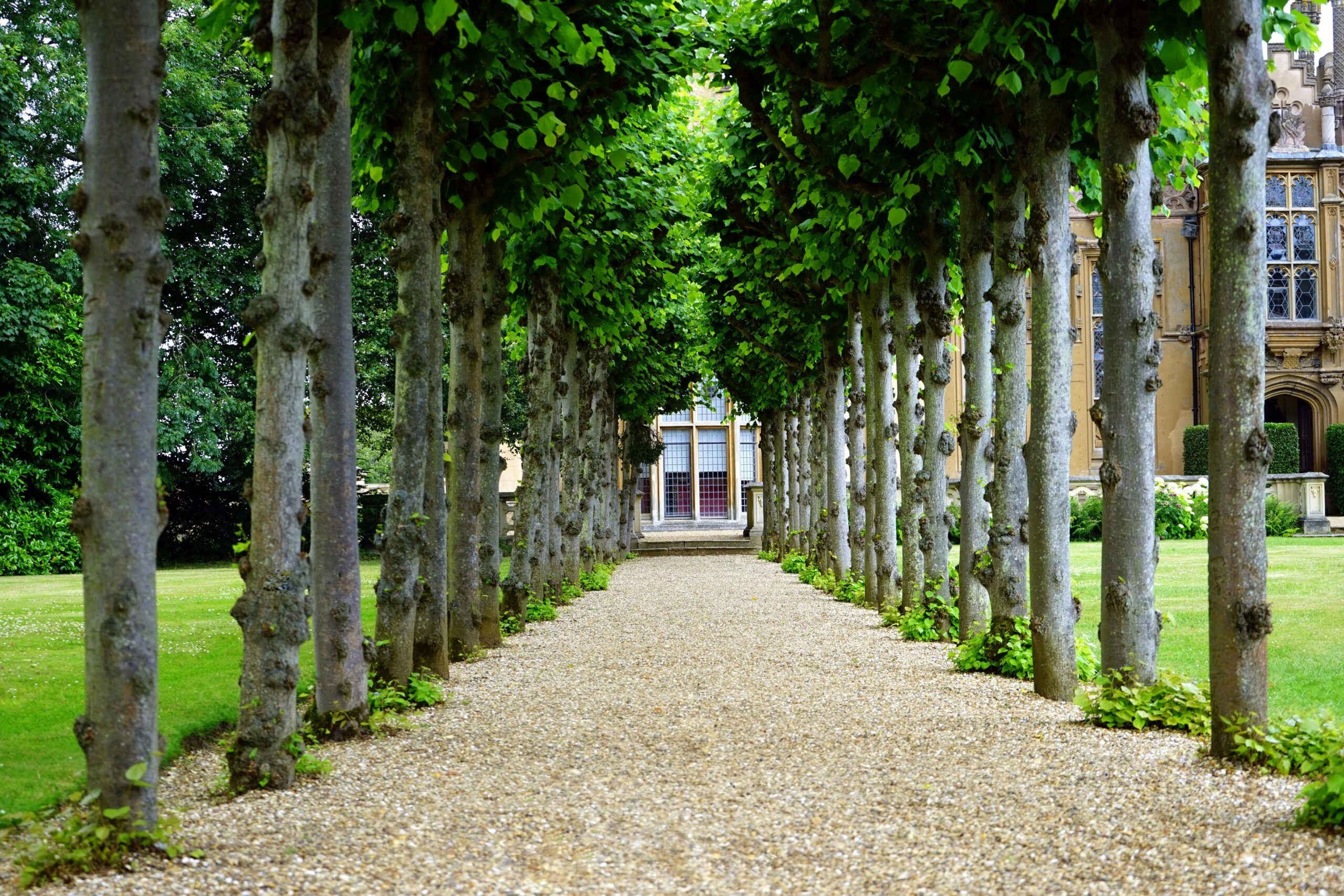With an increasing demand for designers who can rise to the needs of contemporary living, experts are needed who can create spaces, buildings and environments that are not only creative and diverse, but also recognise current and future sustainable and wellbeing standards.
Whether you’re a graduate with a related degree, an interior design professional or an aspiring interior or architectural interior designer wanting to further your existing practice knowledge, the MA Interior Design programme will help you make your mark on this exciting field.
It will provide opportunities for those interested in enhancing their specialist practice knowledge in the interior, architectural, product or textile design disciplines, providing a broad spectrum of knowledge to take forward into future careers.
This unique course is designed to blend research and practice with creative theory. The programme’s varied curriculum considers interior design in its broader context with a strong underpinning delivery of sustainability and design for wellbeing, including the benefits of biophilic design, which increases connectivity to the natural environment through the use of direct nature, indirect nature, and space and place conditions.
The multi-faceted elements of the MA encourage new ways of creative thought. Each of its seven modules will look at existing problems and how designers can respond to the changing needs of clients in a creative, experimental way.
Through discussion and theoretical exploration, linked to evidence-based design solutions, this will guide you in developing a thoughtful approach to designing interiors, installations, and buildings. You’ll also understand how to create solutions and spaces for occupants, in a variety of self-selected environments.
Just as importantly, we’ll explore topics such as collaboration, experience, transition, inclusivity, and diversity – and you’ll learn how to translate these points into interior design solutions that spearhead an inspiring, sustainable existence.








